Download Your Free Rothification Guide
Our Investor’s Guide: Rothification & Your Retirement breaks down everything you need to know about Roth IRAs, Roth 401(k)s, conversions, and advanced tax strategies. Whether you’re just starting out, nearing retirement, or planning your legacy, this guide will help you decide when, and if a Roth strategy makes sense for you. Learn how to build tax advantaged income for the future, avoid common pitfalls, and make retirement planning decisions with confidence.
Contributions to a traditional IRA may be tax deductible in the contribution year, with current income tax due at withdrawal. Withdrawals prior to age 59 ½ may result in a 10% IRS penalty tax in addition to current income tax.
A Roth IRA offers tax deferral on any earnings in the account. Qualified withdrawals of earnings from the account are tax-free. Withdrawals of earnings prior to age 59 ½ or prior to the account being opened for 5 years, whichever is later, may result in a 10% IRS penalty tax. Limitations and restrictions may apply.
Consult your tax professional about eligibility to Roth and Traditional IRA contributions. Contributions and earnings in a Roth IRA can be withdrawn without paying taxes and penalties if the account owner is at least 59 ½ and has held their Roth IRA for at least five years.
Traditional IRA account owners have considerations to make before performing a Roth IRA conversion. These primarily include income tax consequences on the converted amount in the year of conversion, withdrawal limitations from a Roth IRA, and income limitations for future contributions to a Roth IRA. In addition, if you are required to take a required minimum distribution (RMD) in the year you convert, you must do so before converting to a Roth IRA.
